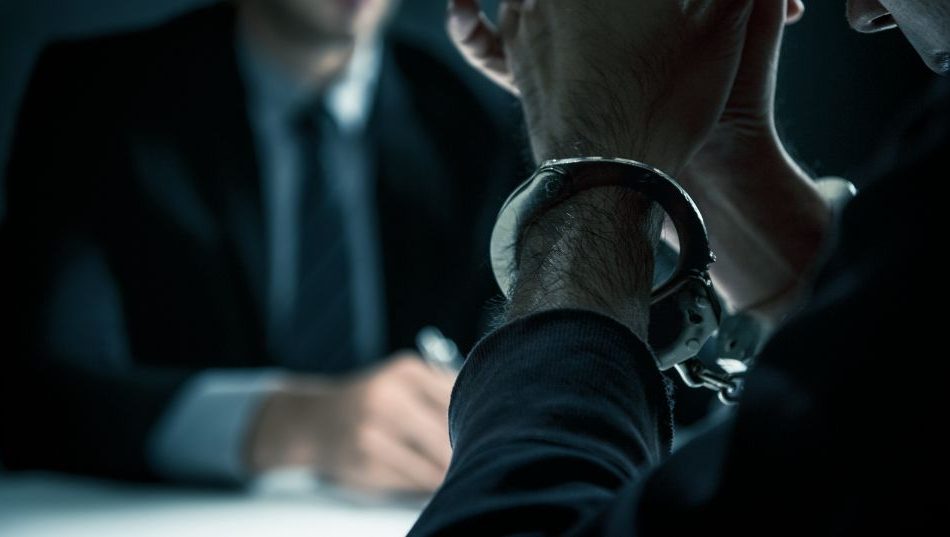
The Florida Racketeer Influenced and Corrupt Organizations (RICO) Act was passed as a mirror of the Federal RICO Act, expanding similar abilities to the state level. The original RICO act was put into place as a way for the federal government to hold organizations accountable that provide logistical support and deniability for crimes for profit. RICO laws are incredibly important in enabling the government to go after not just the criminals who committed individual crimes but also the people who funded, planned, and profited from them.
The RICO acts also more strongly discouraged and penalized criminal group activities as opposed to solitary crimes. This discourages criminal organizations from gaining and consolidating power over time, as the more they do, the higher their liability becomes. RICO charges also can serve as a bargaining chip for law enforcement, allowing them to negotiate for cooperation from criminals without letting them go unpunished for any individual crimes they may have personally committed.
What Is a RICO Charge?
The ‘R’ in RICO is for racketeering. Racketeering is setting up (or conspiring to set up) a criminal organization. A Florida RICO charge thus contends that a person was associated with a criminal enterprise and that they willingly and knowingly supported or carried out the same kinds of crime more than once in a five-year span. A racketeering organization frequently carries out multiple types of crime, but they have to commit the same type of crime at least twice to be charged under RICO statutes.
Racketeering can be anything from money laundering and fraud to arson and murder. This broad scope makes RICO charges a very powerful tool to go after criminal organizations, as the types of conduct that can fall under them are so varied. This law came about in part because of the history of organized crime organizations changing their tactics but remaining coherent organizations.
How Can a RICO Defense Attorney Help My Case?
No matter if you are facing federal or state RICO charges, an experienced attorney can still help you build a defense to significantly reduce the charges and penalties. In certain cases, it may even be possible to argue for dismissing your case entirely. The most essential element for a RICO defense is a tight focus on the requirements of the RICO statute. If the prosecution fails to prove any of the individual requirements, the RICO charges will have to be modified or dropped.
- Timeframe: The crimes must fall within a certain time frame, and they must be sufficiently recent. Otherwise, they will not qualify as part of a pattern of criminal activity or be within the statute of limitations.
- Organization: The crimes need to have all been provably committed by the same criminal enterprise. Crimes committed separately or without any reason to believe that they are connected are inadmissible for RICO charges.
- Knowledge: To be convicted of racketeering, you have to know that the crimes happening are considered part of the racketeering organization. If you are not a knowing and willing participant in these crimes, then you are not a part of the organization.
By building a defense that attacks these particular points in the case against you, among others, an experienced attorney can maximize your chances of a positive outcome.
FAQs
Q: What Is the Minimum Sentence for RICO?
A: RICO sentences don’t have a mandatory minimum sentence. Because of the broadness of the types of crimes that could be committed under the RICO statute, judges are given a considerable amount of discretion in terms of sentencing. Florida RICO charges can result in a maximum penalty of 30 years imprisonment and a fine of up to $10,000. That said, an expectation of ten years in prison would be reasonable for many RICO convictions.
Q: How Do You Beat a RICO Charge?
A: While every RICO case is unique, one of the most critical things in RICO cases is the quality of the evidence that the prosecution can provide to prove involvement in a criminal organization. The prosecution has to prove that not only were you part of a given organization, but you were also aware of the criminal elements of that organization, and your participation was intentional or with your knowledge. This can be a very high bar to pass, so bringing scrutiny to every link in the chain connecting you to willing, knowing criminal conduct is an excellent defense.
Q: What Is an Example of Racketeering?
A: When we think of RICO charges, we tend to think primarily of mob or gang activity, but they are much broader than that. One particular example of alleged racketeering is when, in June 2018, state RICO cases were filed against opioid manufacturers for engaging in deceptive marketing and covering up the harmful side effects and addictive nature of opioid painkillers. Because the companies were accused of defrauding the public, the FDA, and others while knowingly causing significant damage to families across the states in the name of profit, RICO charges were felt to be an appropriate fit for this situation.
Q: Is a RICO Charge a Federal or State Offense?
A: RICO charges exist at both the federal and state levels, and which level you are tried at depends on whose attention you have garnered and the scope of the criminal organization that you are suspected of participating in. Each state’s RICO laws have unique elements for that state, but they tend to echo the original federal legislation. Prosecution for RICO violations also frequently results in both state and federal charges for different elements of the crime.
Defending Yourself From RICO Charges
If you are looking for assistance with preparing your RICO defense, we can help. We know the statutes inside and out, so we can help tailor a trial defense or plea-bargain strategy that maximizes your chances of getting the lightest sentence. Every case is unique, and RICO cases require an eye for detail that catches the unique aspects of your case to procure more favorable terms and outcomes for you.
The sooner you contact someone at our firm to work on your case, the more time we can put into your defense. Contact the offices of Michael J. Rosen, P.A., today.
Our Location
Michael J. Rosen, P.A. 100 S.E. 2nd Street, Suite 3400 USA,
Miami, Florida 33131
contact now
Contact Us
"*" indicates required fields


